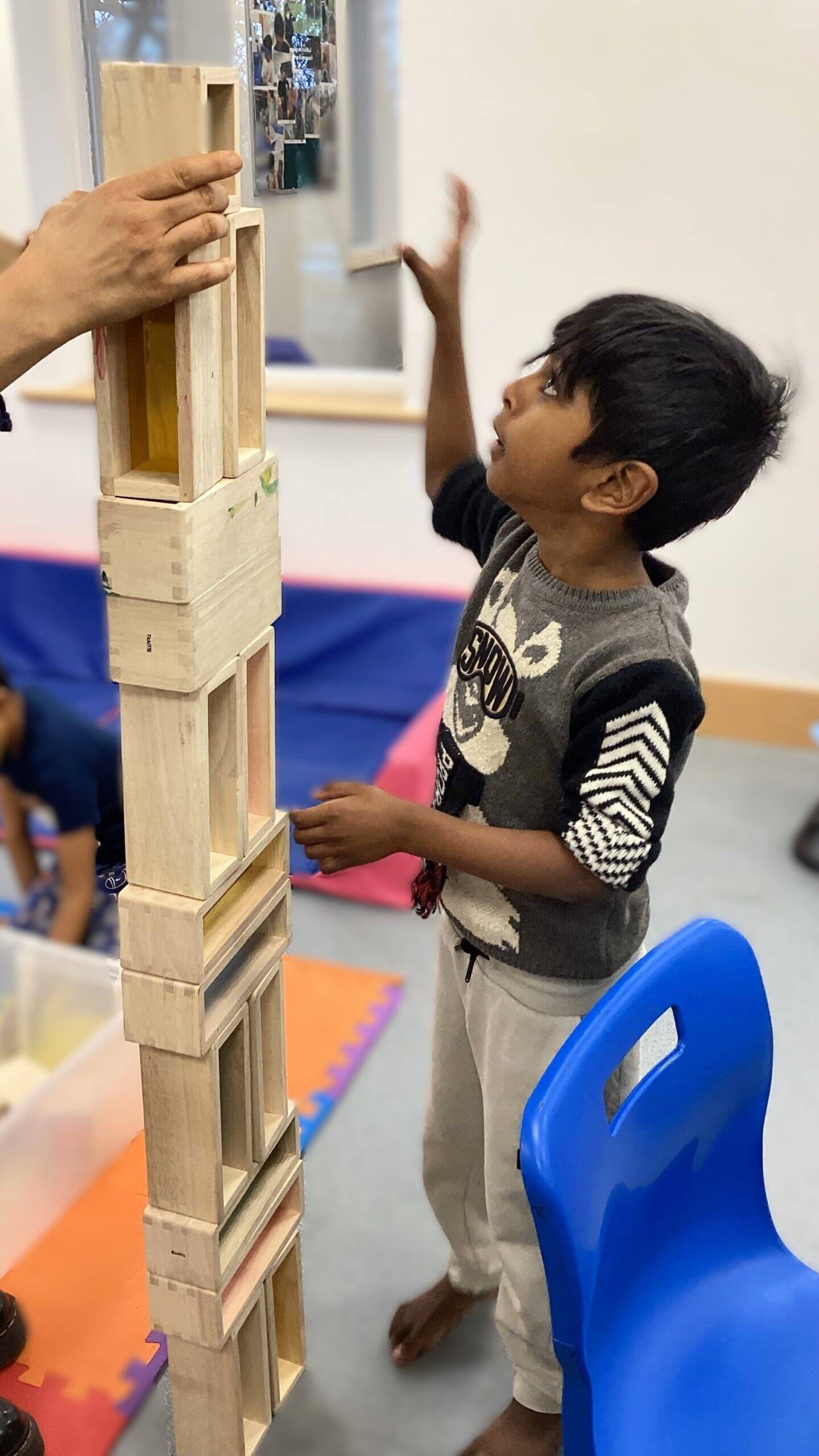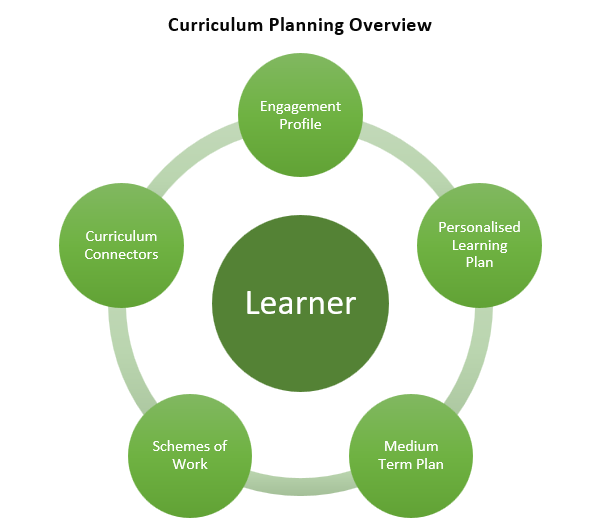'What matters to the learner'
Personalised Learning
At Landon School, we believe that what matters to the learner – Sissons, M. (2018), must be fundamental when planning for our learners.
Our curriculum is based on a deep understanding of what the individual learner needs are.
Within the context of an underlying approach, all pupils are planned for and taught at Landon School in a highly personalised way, using developmental Personalised Learning Plans (PLPs) facilitated through an environmental context established by individual Engagement Profiles.

'Engagement Comes First'
(Imray, 2021)
While engagement alone is not sufficient, it is essential and a prerequisite for learning. We aim to foster high levels of engagement by:
Developing
Active, not passive, learners
Engaging in activities because they want to take part on them
Putting
The learner at the centre
of their education by considering their preferences and priorities at this point in their lives
Using their
Intrinsic motivations
Working because they enjoy the process
‘We must not only answer the question of WHAT learning should take place, but crucially, we must also pay the closest attention to the questions of HOW it should happen and, even more importantly, WHY it should happen’
Imray, Kossyvaki and Sissons, (2024)
Personalised Learning Plans
Each child at Landon School experiences developmental challenges in a different way.
We adopt a highly personalized approach to planning and teaching, utilizing developmental Personalised Learning Plans (PLPs). These plans are carefully designed to integrate and align with various educational, therapeutic, and curriculum documents.
Each Personalized Learning Plan (PLP) is directly linked to the student’s Education, Health, and Care Plan (EHCP), ensuring a cohesive connection that aligns their education with their individual aspirations.

Engagement Profile
Each learner attending Landon School, has an Engagement Profile that aims to provide comfort, security, stimulation and motivation in any situation (Imray, Kossyvaki and Sissons, 2024).
This document offers a live picture of a learner’s engagement and motivators, serving as the first step towards a genuinely individualized planning process.
Qualitative recordings of pupil engagement in all areas of the Engagement Model (Standards & Testing Agency 2020) are made regularly on the Engagement Profiles and used to build up a picture of how developed each of these is for each pupil.
“Without engagement, there is no deep learning, effective teaching, meaningful outcome, real attainment or quality progress”
Carpenter, B. (2010)
A Therapeutical Approach
Speech & Language
Speech and language therapy empowers autistic learners to improve their communication abilities, fostering meaningful connections and reducing frustration.
Occupational Therapy
Occupational therapy, on the other hand, aids in enhancing their fine and gross motor skills, sensory processing, and self-regulation, enabling them to participate more effectively in daily routines and activities.


